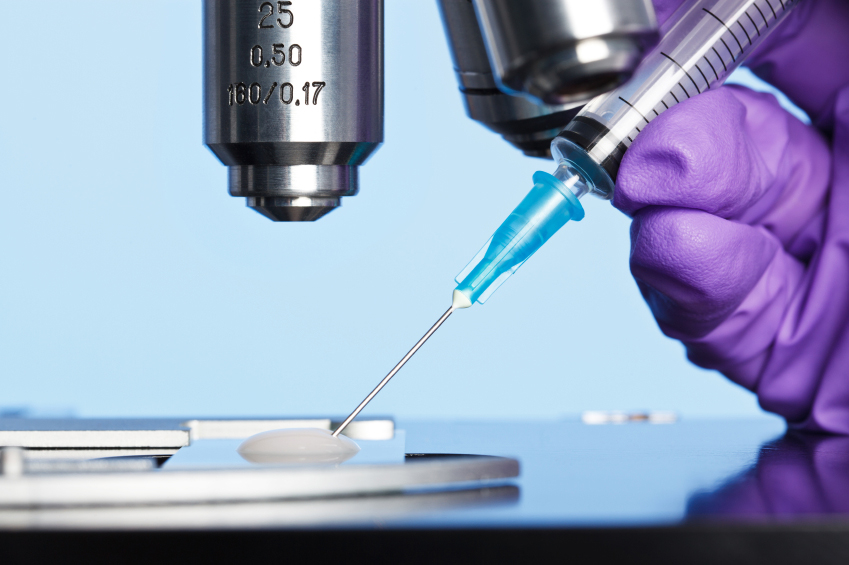During a procreation seminar held this weekend at Fribourg University (Switzerland)*, Thierry Collaud, Professor of Moral Theology and President of the Bioethics Committee highlighted the “positive discussions” of the Church concerning procreation in an interview given to Swiss website, liberte.ch.
When asked about the role of the Bioethics Commission, he initially stated that the Commission had “the unfavourable impression that it was usually asked to be for or against a certain technique, be it abortion, in-vitro fertilisation, the freezing of embryos, stem cells and now pre-implantation genetic diagnosis [PGD]”, making reference here to the debate currently underway in Switzerland regarding the possible authorisation of PGD in legislation relating to MAP. He regretted the fact that “the Church’s opinion [is] often reduced to what is ‘permissible and impermissible’ “.
The ethical issues hiding behind MAP are those relating to “human existence, birth, death and suffering“. These issues are often raised “because technical progress and social change demand that we change“, explained T. Collaud. “The Church does not want to commit to this process. It believes that procreation […] is not just about contact between an ovule and a sperm“. Therefore, “what is upsetting about assisted procreation technologies is the desire to control the process“.
The procreation process “involves the loss and destruction of a certain number of embryos. This impacts upon embryo status and respect for the embryo as soon as it develops“. The Church questions “this loss of embryos associated with the technique“.
In Switzerland, the debate is now focusing on PGD. A technique that “demands an increase in the number of embryos, which means that more will be destroyed“. Furthermore, freezing embryos “impacts upon their dignity. We will control the lifespan of a human being and that never happens except in science-fiction books“. Lastly, and this is the main objection, “PGD will be explicitly used to sort embryos“, resulting in a limitation to the right to life, explained T. Collaud. “This puts us on an extremely slippery slope. … With PGD, disease can be prevented but by eliminating the patient, just like euthanasia in the elderly“. Therefore, and the Swiss Federal Council recognises the fact, “the use of PGD is tantamount to eugenics“.
When asked to compare PGD before pregnancy and PND [prenatal diagnosis] performed during pregnancy and which can lead to abortion, T. Collaud explained that although the use of PGD “may seem more human“, this was not the case. PGD “is no longer acceptable in [its] current format because it trivialises sorting, without pain“.
The only positive point made in connection with PND is the fact that it can “help to take care of the fœtus and improve its quality of life in the future. The Church is not opposed to [PND], but to abortion, which follows. It is not opposed to progress but is against progress that is not well thought out“, emphasising the fact that it “is a major player in the health sector across the globe, […] it directs hospitals and universities“.
* on the topic of “Joy in welcoming life – the Catholic Church: a positive discussion on procreation“.
laliberte.ch (Pascal Fleury) 13/09/2014

